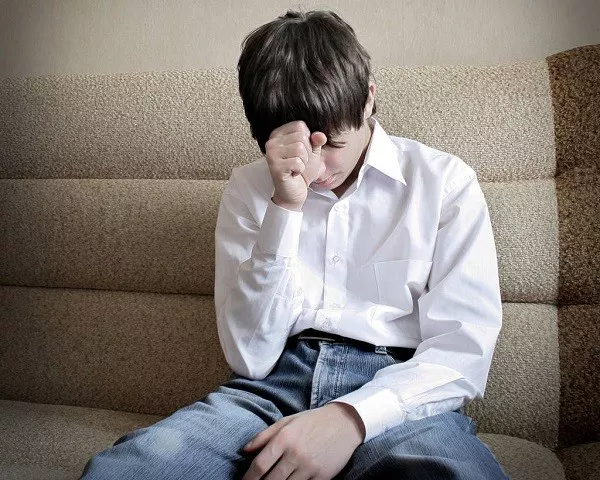The number of children across England in need of urgent mental health treatment has risen sharply, according to newly released NHS data. Between April and October 2024, emergency, very urgent, and urgent referrals for under-18s increased by 10%, climbing to 34,793 from 31,749 in the same period the previous year.
Children classified under emergency care often face critical issues, such as being suicidal or suffering from severe eating disorders, while urgent cases also require immediate attention due to potential risks of serious harm.
Rising Referrals Highlight Crisis
Data analysis by the mental health charity YoungMinds, conducted for the PA news agency, reveals a troubling picture:
- Very Urgent Referrals: Increased by 13%, from 3,912 in 2023 to 4,424 in 2024.
- Urgent Referrals: Also rose 13%, from 22,045 to 24,886 in the same period.
- Emergency Referrals: Dropped slightly by 5%, from 5,792 to 5,483.
Overall, urgent and emergency care referrals saw a 10% rise across these months.
In October alone, referrals to liaison psychiatry teams in A&E departments increased by 4%, from 2,292 in October 2023 to 2,386 in October 2024. These multidisciplinary teams—comprising psychiatrists, mental health nurses, and other specialists—play a critical role in crisis intervention within hospital settings.
Calls for Immediate Action
Laura Bunt, Chief Executive of YoungMinds, expressed alarm over the rising figures, describing the situation as a “shocking betrayal” of young people.
“No young person should reach crisis point with their mental health,” she stated. “Growing up today is incredibly tough, with many young people facing poverty, inequality, academic pressure, and challenges from the online world. These factors are pushing countless children into severe mental health crises.”
Bunt emphasized the need for systemic change, urging the government to fulfill its commitment to establish early support hubs in every community.
Systemic Strain on Mental Health Services
Dr. Elaine Lockhart, Chair of the Royal College of Psychiatrists’ Child and Adolescent Faculty, highlighted the mounting challenges faced by mental health services.
“Children and young people are resilient, but recent pressures, including the pandemic and cost-of-living crisis, have significantly impacted their mental health,” Dr. Lockhart explained.
She pointed to staff shortages and resource limitations as major barriers, leading to extended waiting times and more young people reaching crisis points before receiving care.
“The government must support frontline mental health services with the necessary funding and workforce investment to ensure timely treatment for young people,” she said, emphasizing the long-term benefits for individuals, the NHS, and the economy.
Eating Disorder Admissions on the Rise
Separate analysis by PA also showed a 5% year-on-year increase in hospital admissions related to eating disorders such as anorexia and bulimia.
- Admissions for anorexia rose from 9,371 in 2022/23 to 9,969 in 2023/24.
- Bulimia-related admissions increased from 5,075 to 5,212 over the same period.
Government Response
A spokesperson from the Department of Health and Social Care acknowledged the pressing issues, stating, “Too many children and young people are waiting too long to access mental health care.”
The government outlined plans to recruit 8,500 additional mental health workers, deploy specialist mental health professionals in schools, and establish Young Futures hubs in every community as part of its broader Plan for Change.
These measures aim to alleviate the growing strain on mental health services and ensure that children and young people receive the care they urgently need.
Conclusion
As the demand for mental health care among young people continues to rise, experts, charities, and health professionals stress the urgent need for comprehensive reforms and sustained investment to address the systemic issues fueling this crisis. Without prompt action, the lives and futures of thousands of young people remain at risk.
Related topics:




























